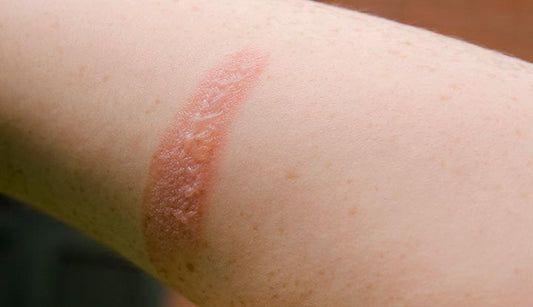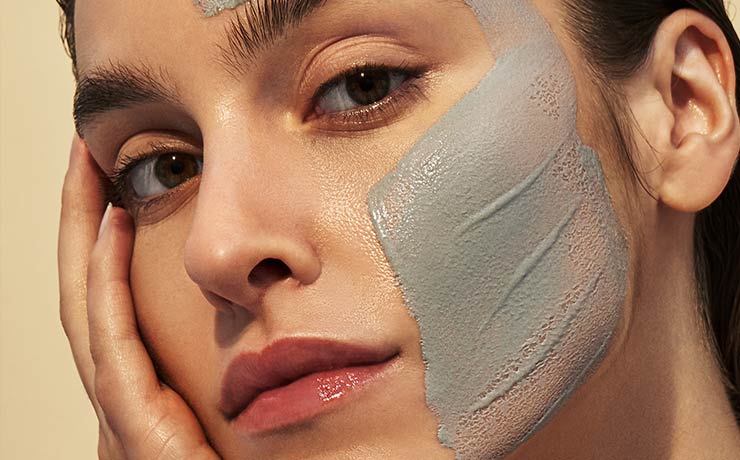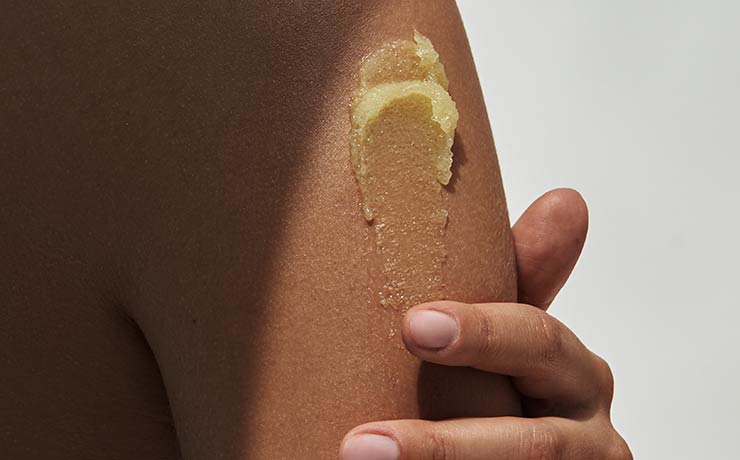Is Collagen useful for ACNE? | Spots, Scars and More
Acne is one of the most common skin problems and affects many people all over the world. There are multiple approaches and solutions to treat it, but a recurring question is whether collagen can also be beneficial in fighting acne and improving the appearance of the skin. In this article, we will explore the role of collagen in the skin, its ability to reduce acne, and its effects in removing blemishes, marks, and scars.
causes of acne
Acne can have different causes, and it is important to identify the root of the problem in order to address it properly. In most cases, acne is due to clogged pores and inflammation of the skin. However, factors like hormones, irritation, stress, and bacteria can also trigger acne breakouts.
To fight acne effectively, it is essential to establish a daily skin care routine. This involves regular cleansing to remove excess oil and dirt, as well as to promote skin regeneration.
skin care routine
After proper cleansing, it is important to adapt your care routine according to your skin type. If you have oily skin, for example, you should use a moisturizer that has a mattifying, oil-free finish.
In addition to these essential steps, many people are also considering adding collagen to their acne care routine.
How Collagen Helps for Acne
Collagen can be a valuable ally in the fight against acne. It has been shown to help reduce redness and scarring caused by acne. In addition, it protects the skin barrier and prevents the penetration of harmful external agents. Thanks to its antioxidant properties and vitamins, collagen restores optimal skin hydration levels.
Collagen is particularly effective in removing acne scars. Its ability to bind and close wounds aids in the healing process, ensuring that the skin regains its ideal resistance. Although it will not completely remove existing scars, consuming hydrolyzed collagen can speed up the healing process by 20%.
Take collagen for acne according to your age
If you are considering taking collagen to treat acne, it is important to adjust the dosage based on your age. If you are under 30 years of age, it is recommended to take one collagen capsule a day. From the age of 30, it is suggested to increase the dose to two capsules a day, one in the morning and one at night. As we age, our body produces less collagen, so it is beneficial to supplement its consumption.
Vitamin C also plays a crucial role in collagen synthesis. In addition, it acts as an antioxidant, protecting cells from damage caused by free radicals. Be sure to include foods rich in collagen and vitamin C in your diet, such as natural chicken or fish broths, oily fish, citrus fruits, peppers, asparagus, and nuts.
How to increase collagen in the skin
In addition to consuming hydrolyzed collagen, there are other habits that can help you increase collagen in the skin:
- Sleep between 7 to 8 hours a day to promote collagen regeneration during rest.
- Include foods rich in collagen and vitamin C in your diet to improve its absorption.
- Protect yourself from the sun's rays by using sunscreen throughout the year to prevent collagen destruction and irreversible skin damage.
- Avoid smoking, as tobacco reduces collagen synthesis and has negative effects on the skin.
- Controls and reduces stress, as it can aggravate acne and affect the integrity of collagen in the skin.
In addition to these habits, you can opt for creams that contain collagen as an ingredient to increase its concentration locally.
conclusions
Collagen can be a valuable addition to your skin care routine if you suffer from acne. Its beneficial properties include the reduction of redness, scars and the protection of the skin barrier. However, it's important to remember that acne can have a number of causes, and collagen is just one of many aspects of skin care to consider.
Remember to consult with a dermatologist for an accurate diagnosis and receive personalized recommendations for your specific situation. With a proper care routine and the addition of collagen as a supplement, you can work towards healthier skin and improve the appearance of acne and its sequelae.
Frequent questions
FAQ 1: Can collagen completely remove acne scars?
No, collagen cannot completely remove existing acne scars. However, it can speed up the healing process and improve the appearance of scars by increasing collagen synthesis in the skin.
FAQ 2: When should I take collagen for acne?
If you are under 30 years of age, it is recommended to take one collagen capsule a day. If you are over 30 years old, it is advisable to take two capsules a day, one in the morning and one in the evening, since the natural production of collagen decreases with age.
FAQ 3: What other habits can help increase collagen in the skin?
In addition to consuming collagen, you can increase its presence in the skin by following habits such as getting enough sleep, including foods rich in collagen and vitamin C in your diet, protecting yourself from the sun, avoiding smoking, and managing stress.
FAQ 4: How long does it take to see results from taking collagen for acne?
Results may vary depending on the person and the severity of the acne. However, it is recommended to be constant in the consumption of collagen for at least 8 weeks to observe significant changes in the skin.
FAQ 5: Can I use collagen creams to treat acne?
Yes, collagen creams can be used as a complement in the treatment of acne. However, it is important to consult with a dermatologist to determine the best option and to ensure that the cream is suitable for your skin type.

























































































































